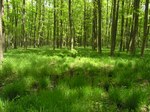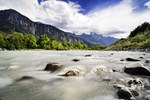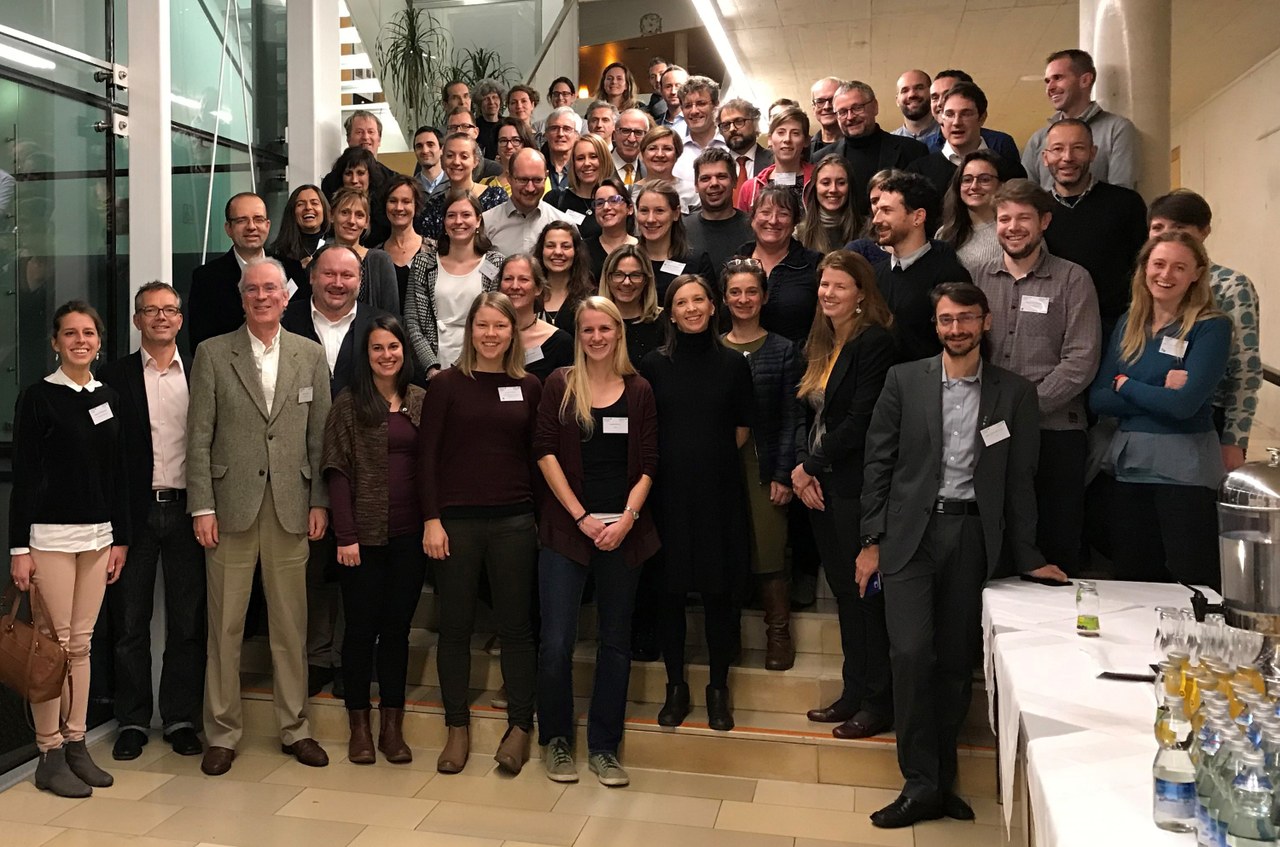Media releases
Recognising the importance of Alpine ecosystems
On Wednesday, 21 November the Secretary-General of the Alpine Convention, Markus Reiterer, opened the final conference on “Alpine Ecosystem Services” (AlpES) and its related project, “Strategic Planning for Alpine River Ecosystems” (SPARE). He emphasised that the sensitive ecosystem of the Alps is affected more harshly by climate change than other regions, in turn making co-operation at the trans-Alpine level even more vital.
Why rivers need management
The SPARE project’s accompanying brochure states that only 14 percent of the rivers in the Alps are, ecologically speaking, in good condition. Between 2016 and 2018 the project partners tested and developed methods for sustainable river management in five pilot regions: Dora Baltea in Italy, Drôme in France, Inn-Engadin in Switzerland, Soča in Slovenia and Steyr in Austria. “We offer a platform where local people can work on common development goals for the Steyr area”, says Christine Ehrenhuber, facilitator of the participation process in the Steyr pilot region in Austria. With summer youth camps, personal meetings, themed commissions, public forums and workshops, a total of 435 people took part in these activities. A toolbox – “My River Kit” – was also developed over the course of the project, with a journey along a fictitious water course to simulate various situations that are critical to sustainable living and economic activity along the Alpine rivers.
What nature in the Alps provides
The project partners presented the results from their test regions and projects by means of information stands, presentations and workshops in Innsbruck on 21 and 22 November, with reference also to the ecosystem services that contribute significantly to our quality of life. The AlpES project aims to strengthen the significance and appreciation of ecosystem services as an aspect of regional and Alpine-wide environmental policy, from the mountain forests that protect us from avalanches and purify our air, to the rivers and pastures that provide us with food, drinking water and energy. Partners from France, Germany, Italy, Liechtenstein, Austria and Slovenia all participated in the project. In Liechtenstein the focus was on the protective function of forests against avalanches, mudslides and rock falls. Heike Summer of Liechtenstein’s Office for the Environment highlights the particular importance of this ecosystem service for the Principality: “A large proportion of our forests are located on hillsides. Intact protective forests therefore make an indispensable contribution to reducing the potential for damage, both in the Rhine Valley and in mountain regions, as well as reducing the need to construct additional technical measures.” The data from Liechtenstein and other Alpine regions were gathered and entered into a Web GIS map.
New ways of project communication
In addition to the usual project reports, both projects have adopted new ways to get their subject matter across. For example, the AlpES project team has published a Web GIS map and, with WikiAlps, an online encyclopaedia on ecosystem services in the Alpine region that will be continued following the end of the project; while the SPARE team, in an easy-to-understand way, communicates its project results and the importance of rivers as the “lifeline” of society in the Alpine region with photo books, video interviews and a lavishly produced web video. Both projects have also regularly published news via their newsletters and social media.
More information:
- AlpES: www.alpine-space.eu/AlpES (en)
- SPARE: www.alpine-space.eu/SPARE (en, de)
Enquiries:
Robin Naumann, Project Manager, CIPRA International, +423 237 53 53 08, [email protected]
| Type | Title |
|---|---|

|
Recognising the importance of Alpine ecosystems |




